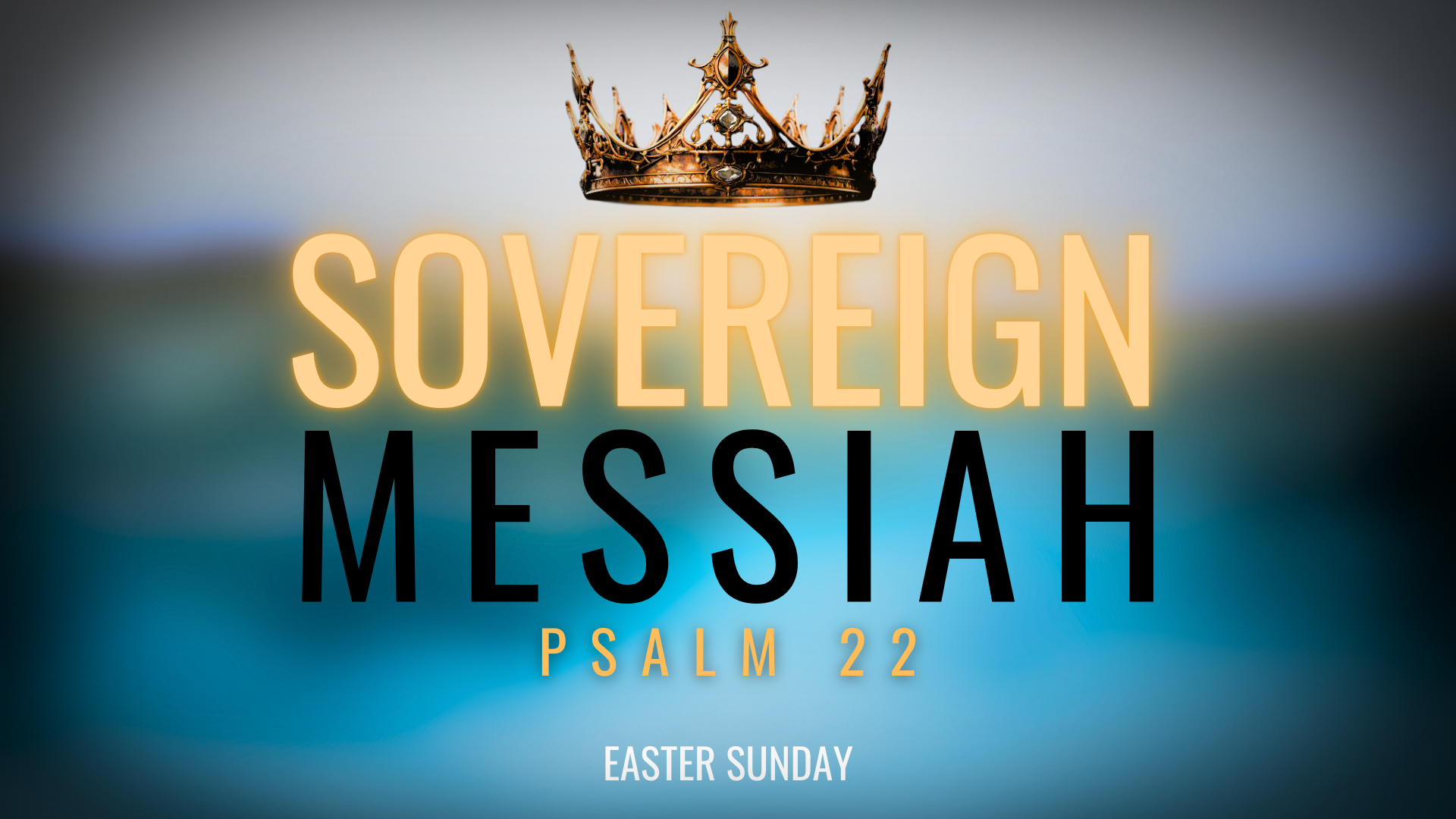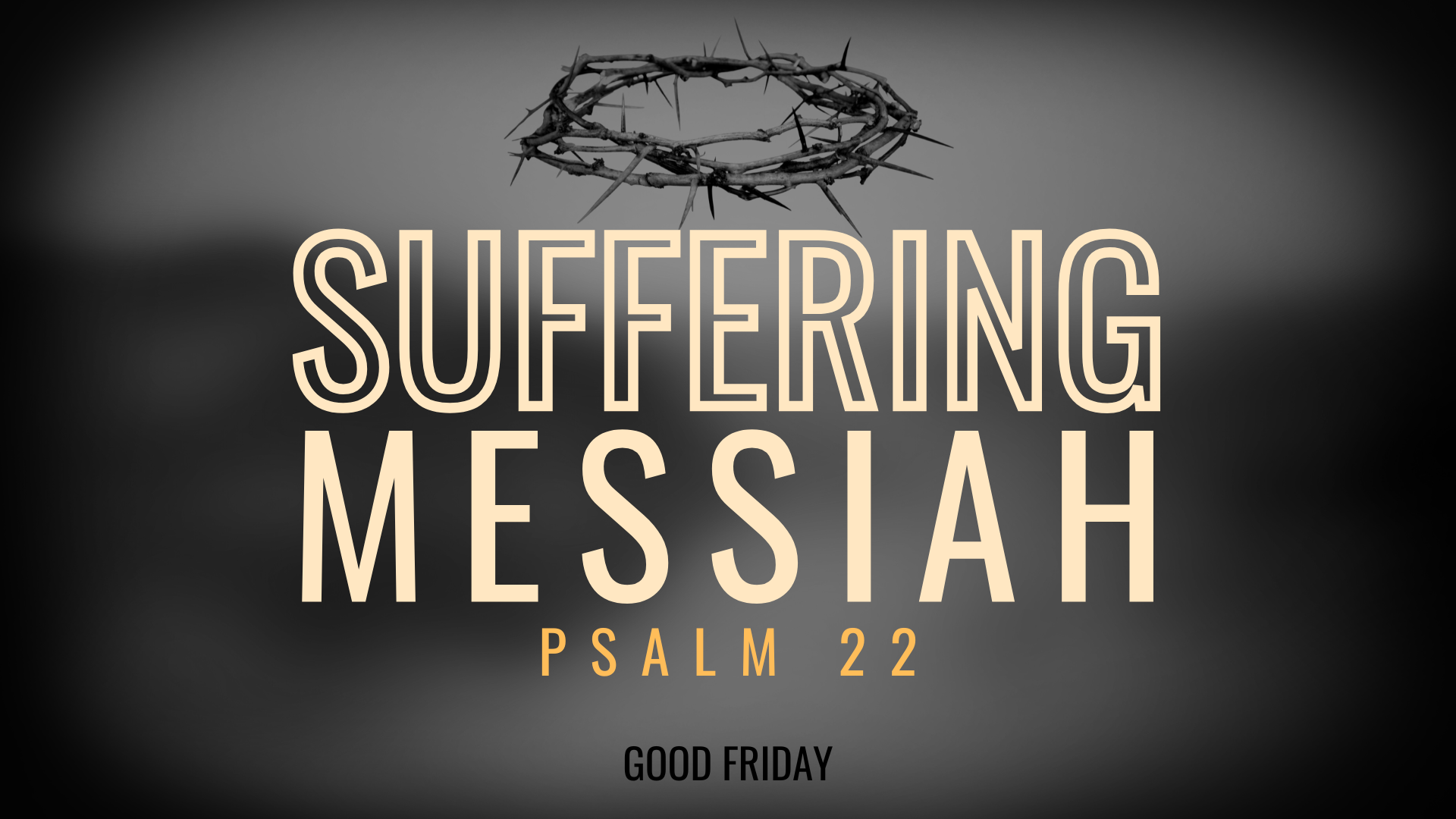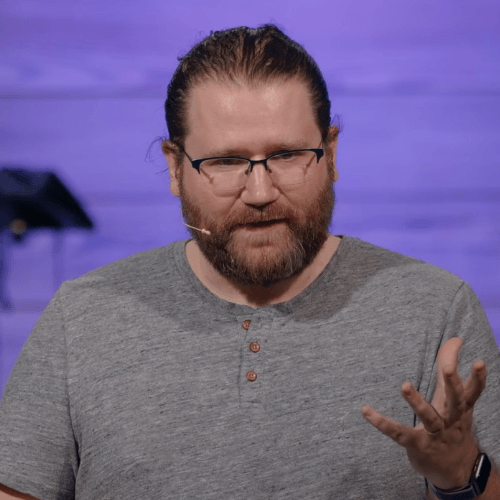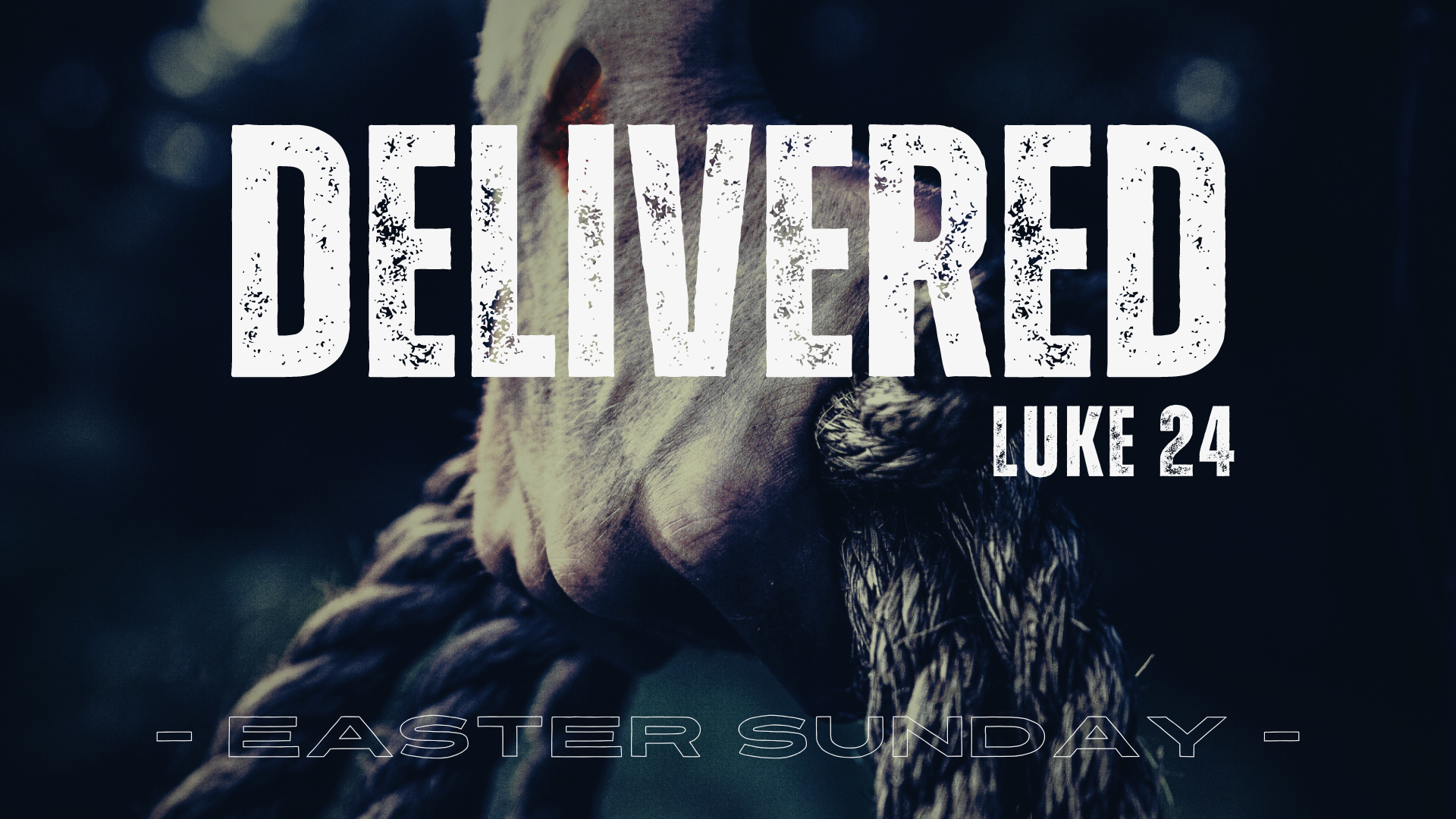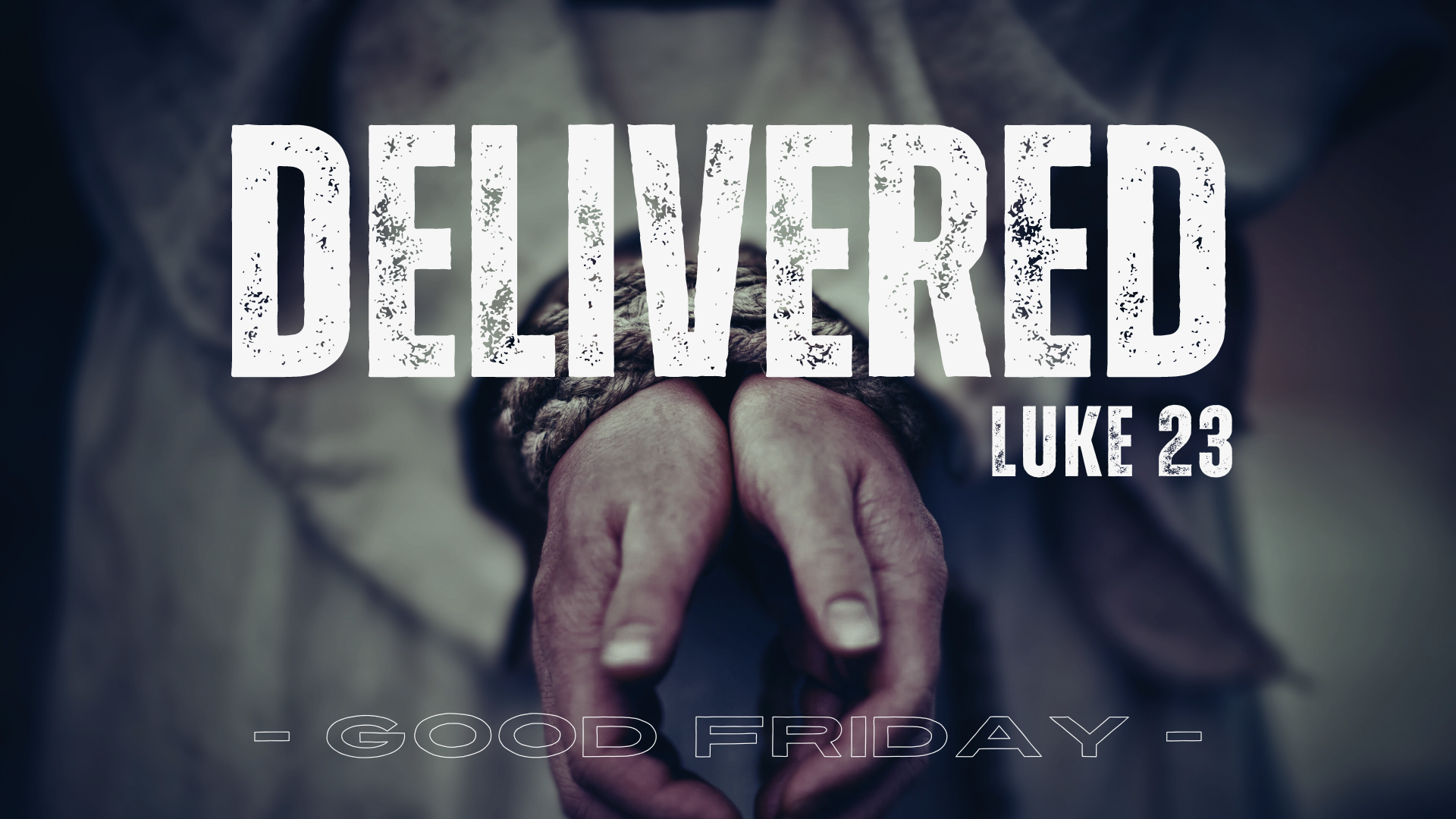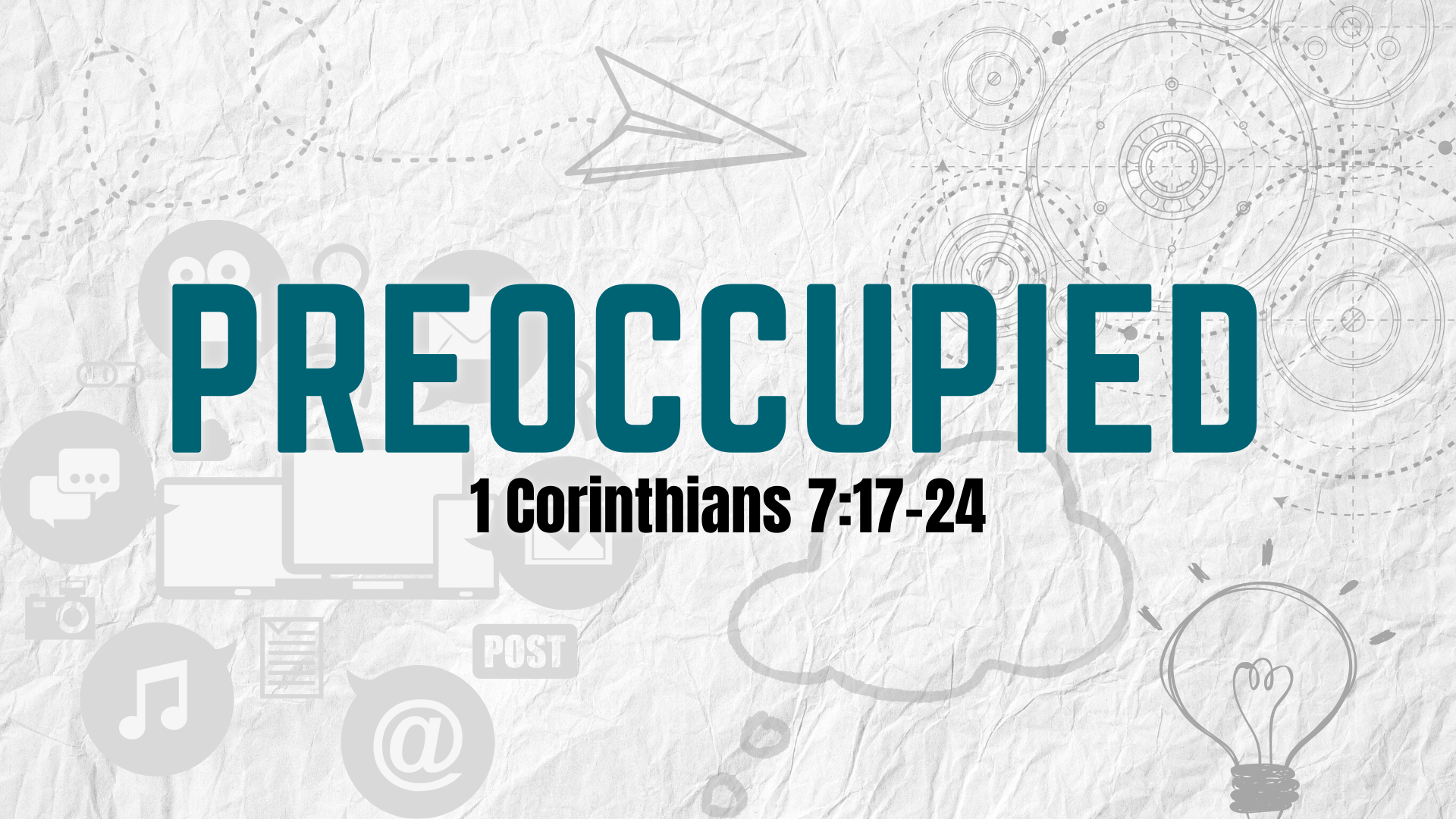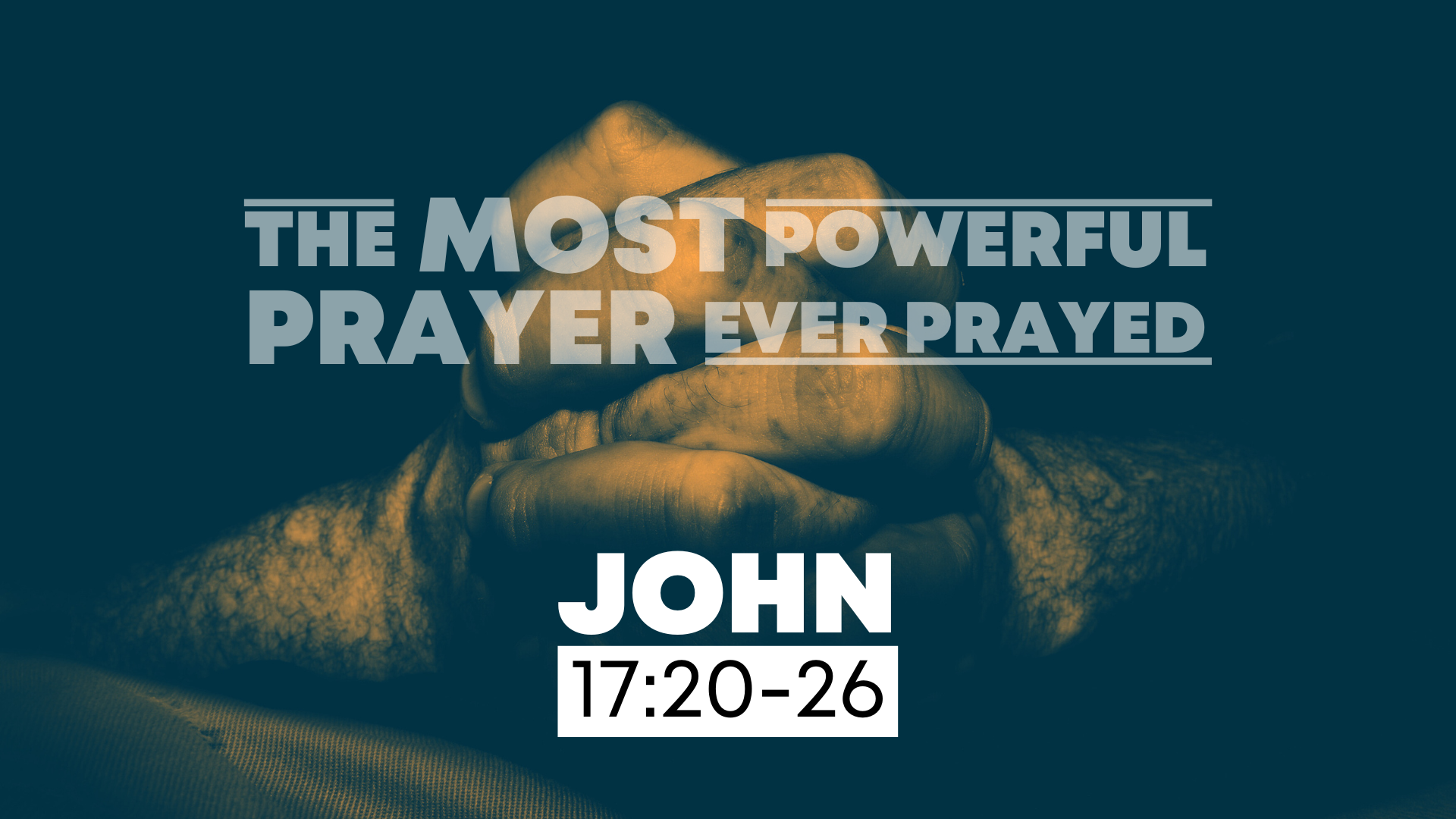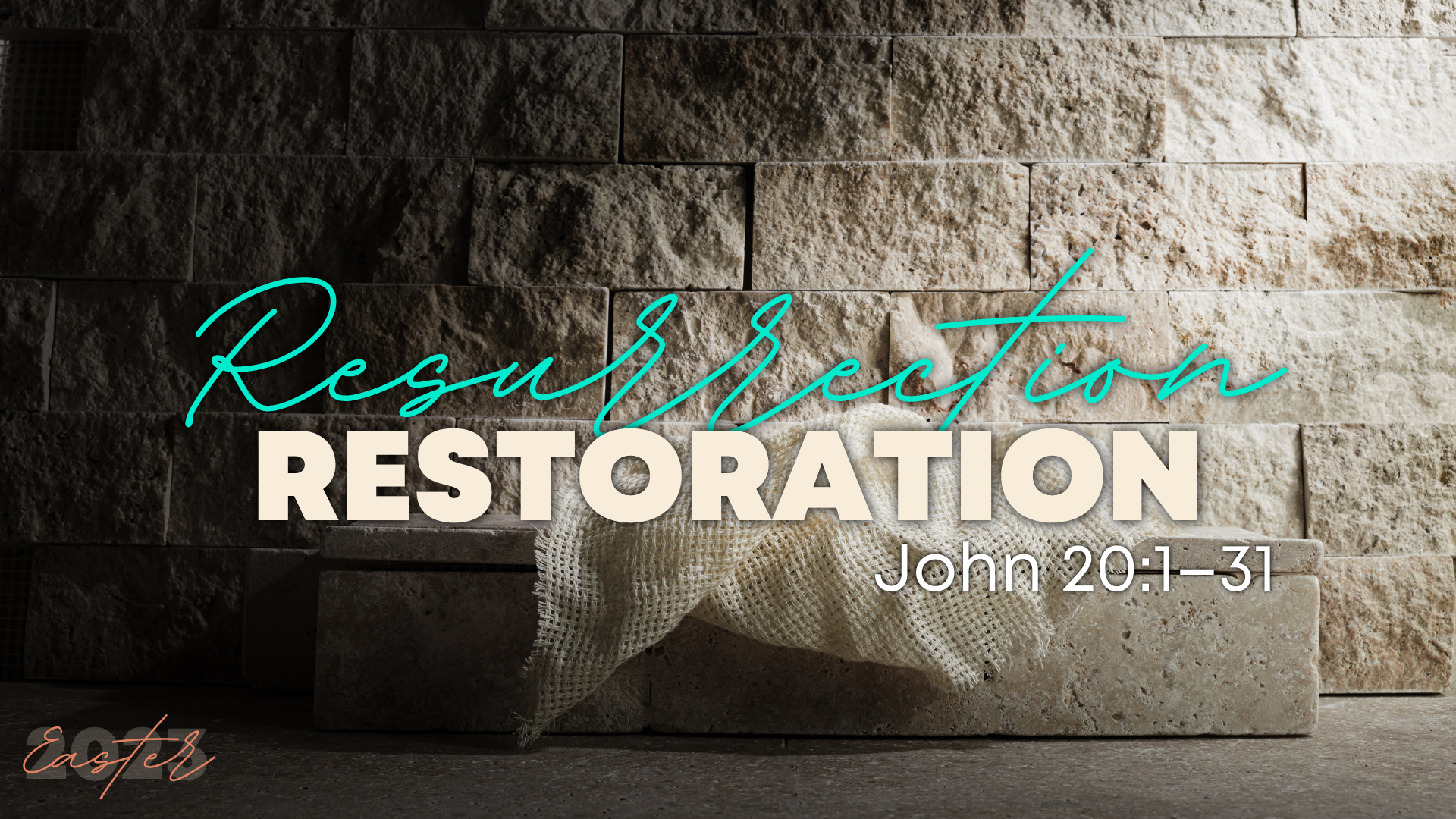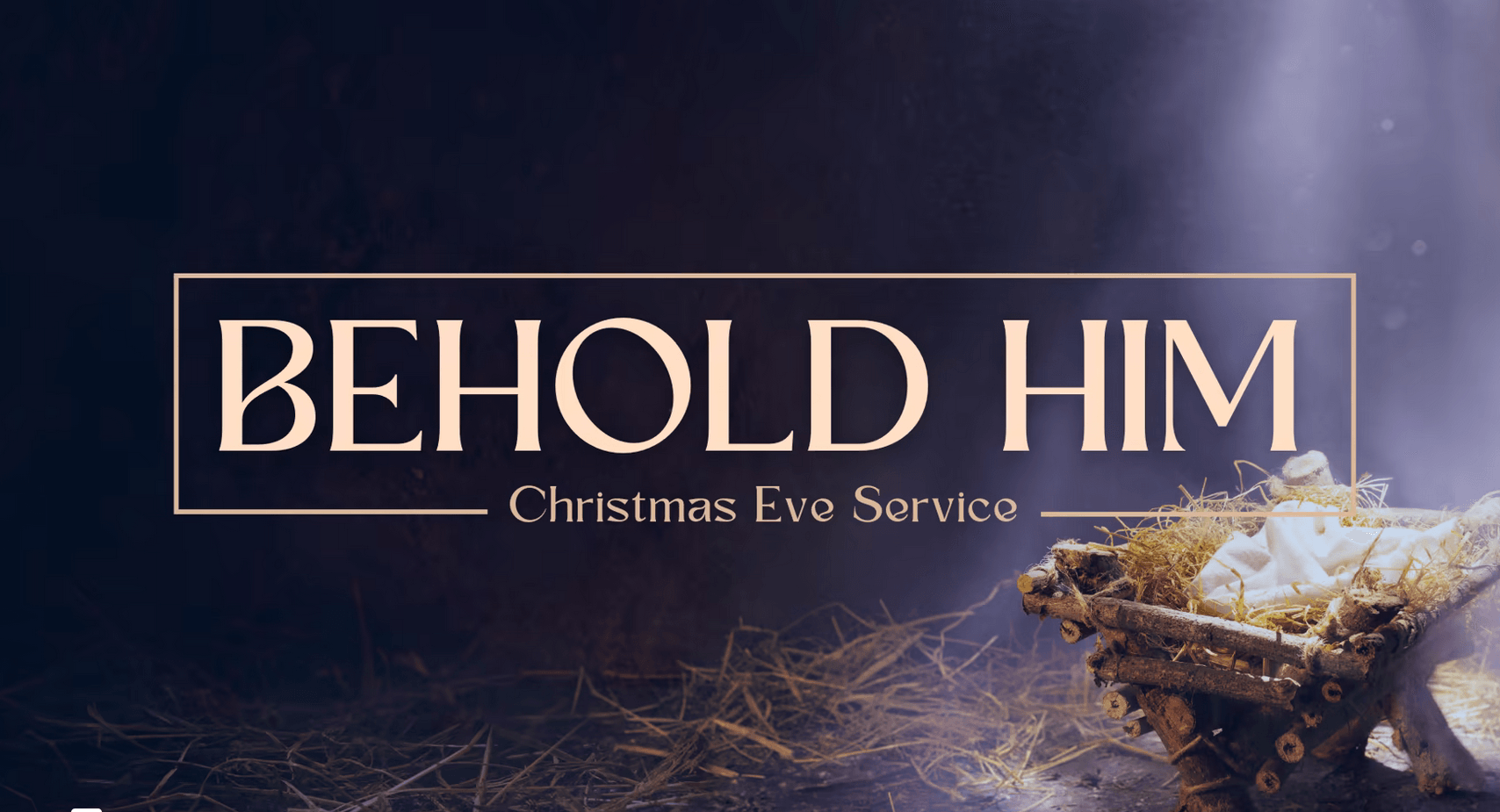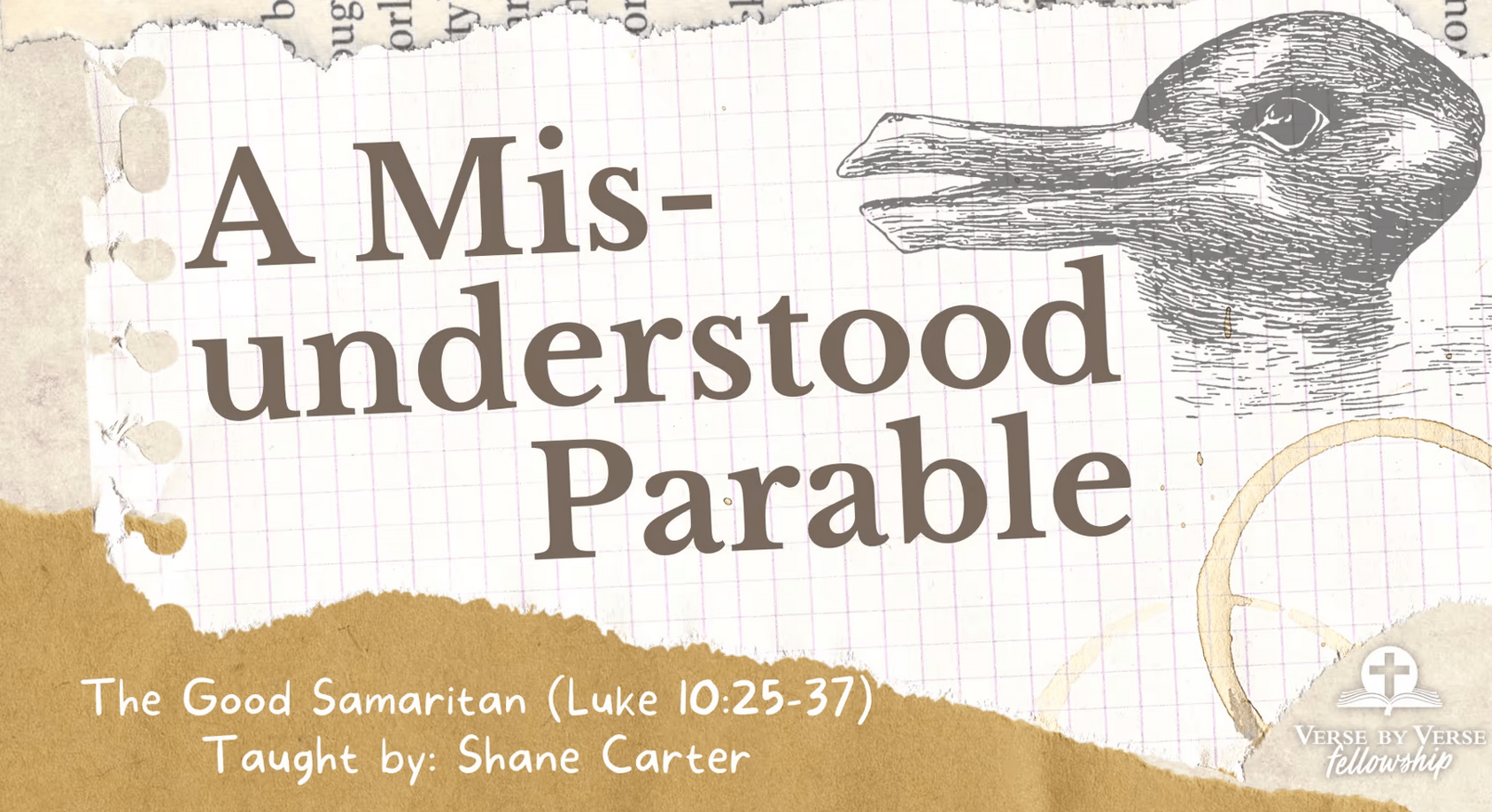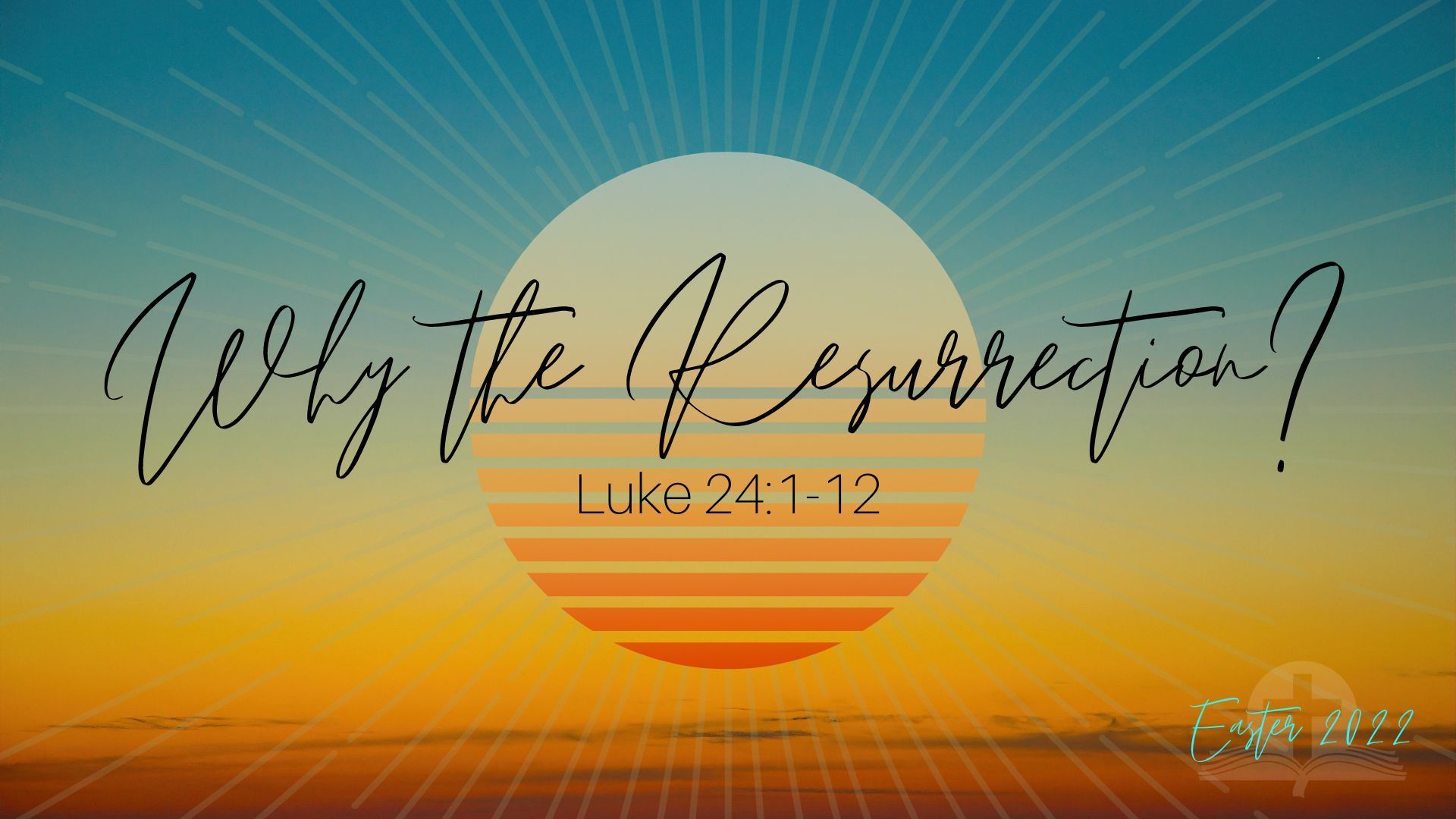MANUSCRIPT
Many years ago, there was a very poor man who lived in Chicago. He sold newspapers for pennies, lived in a small room, and ate out of the trash. One day he went missing, so the police went to his apartment and found him dead. The autopsy revealed he died of malnutrition, but around his waist... they found a money belt containing $23,000. That's about half a million dollars today. This man could have lived anywhere and could have eaten the finest meals. Yet he died of malnutrition, because he didn't use what belonged to him.
I'm sure some of you wished you had a money belt like that. But many here at a lot like that poor man. You go about your daily life oblivious to what is within your reach. And often you miss out on quite a bit. Do you want to know what is available to you, right now? Yes?
To find out, we need to learn something about ourselves.
Genesis 28:10–11 (CSB)
10 Jacob left Beer-sheba and went toward Haran.
11 He reached a certain place and spent the night there because the sun had set. He took one of the stones from the place, put it there at his head, and lay down in that place.
Jacob is a young man on the run. He had just lied to his father, pretending to be his older brother, to get the family blessing. Esau, his brother, is so furious that he wants to kill Jacob. So, their mother sends Jacob away on the pretense of finding a wife in a faraway land.
All of Jacob's life he's been scheming. He was born literally grabbing at his brother's heel. His name means "heel grabber," and he's always lived up to this name. Jacob is a scoundrel; he once convinced his brother to sell his birthright for some soup. By now, Jacob's lying has left him in a sorry state. He's all alone, fleeing his home, with nothing to show for his scheming except the clothes on his back.
He might be the grandson of a great man, but at this moment, he's no better than a poor old guy eating out of the trash.
Jacob's not that different from most of us. When we rely on our own wits or abilities, we tend to make a mess of things, don't we? We may never have dressed up like our brother to steal a blessing, but for much of our lives we've been trying to have things our own way, doing things for ourselves. How has that worked out?
Jacob finds himself all alone, sleeping in the woods with a rock for a pillow. Not great for the grandson of Abraham. Then something totally unexpected happens.
Genesis 28:12–15 (CSB)
12 And he dreamed: A stairway was set on the ground with its top reaching the sky, and God’s angels were going up and down on it.
13 The LORD was standing there beside him, saying, “I am the LORD, the God of your father Abraham and the God of Isaac. I will give you and your offspring the land on which you are lying.
14 Your offspring will be like the dust of the earth, and you will spread out toward the west, the east, the north, and the south. All the peoples on earth will be blessed through you and your offspring.
15 Look, I am with you and will watch over you wherever you go. I will bring you back to this land, for I will not leave you until I have done what I have promised you.”
While sleeping in the middle of nowhere, Jacob has a divine visitation. Let's paint the scene, shall we? In the dead of night a stairway just... appears! The Hebrew word suggests a ramp with terraced landings. Let's call it what it really was, a stairway to heaven. The blackness of night was blasted away by this glorious sight.
Angels are rushing up the stairs back into heaven. Meanwhile, powerful heavenly warriors are descending. Where are they going? Imagine them marching, spreading out, forming a ring around Jacob's humble campsite. Posting up like sentinels. It's something Jacob has never seen or imagined. But what happens next is even greater.
God appears! Some translations say he appears "above it" meaning the stairs. But this phrase can also be rendered "beside him." Which is it? This is what I think. Jacob watches as armies of mighty angels ascend and descend from heaven. It's the most spectacular thing he's ever seen. Then, suddenly, the angels freeze in their tracks. There's a hush over the scene. Why? Because the God of all glory appears at the top of the stairs. The angels bow before their Lord, covering their faces in awe. What is God going to do? What is he going to say? Jacob's heart skips a beat as he waits to find out.
And, wonder of all wonders, the Great God of heaven begins to walk down the stairs toward him.
God comes all the way down the stairway and walks over to Jacob! The scoundrel. The outcast. The man who conned his own father. The man who has cheated his way through life... is being visited by the King of heaven and earth.
What a moment! What is Jacob thinking right now? "What is God doing here? Doesn't he know what I've done? Shouldn't he visit someone holier than me?" But despite all of Jacob's unworthiness, God has come to visit him.
Does that sound too good to be true, friends? Do you think God would do this for Jacob, but not for you? You'd be wrong. If God was willing to come down and meet with this scoundrel, why would you think he doesn't want to come down and meet with you?
So, God is here. What happens next, though, blows Jacob's mind. A visitation from God is good.. depending on what he's come to do! Jacob just made a huge mess of his life and family. God might be coming down to smite him for his sins. But what does he say? Instead of scolding Jacob for his behavior, God bestows on him a great promise. Verses thirteen and fourteen describe what we call the Abrahamic covenant. Years ago, God told Abraham he and his descendants would inherit the land of Canaan. He promised that Abraham's children would be numerous, like the dust of the earth. This comes true years later, when the nation of Israel enters the promised land under Joshua.
God repeated this promise to Abraham's son Isaac and is now giving it to Isaac's second-born son Jacob. God passed over his oldest son, Esau, the "rightful" heir. Why? Some might point to Esau despising his birthright or to Jacob's theft of the blessing. But before they were born, God told their mother that the older would serve the younger. God chose Jacob while he was still in the womb.
Jacob didn't earn the inheritance because of something he did. He didn't deserve it because he was firstborn, he was second. No, God gave it to him because of grace. God isn't making these promises to Jacob because the man deserves them. Jacob didn't do anything to merit this kind of favor; in fact, he's done just the opposite!
God is showing him--and us--that his promises can't be earned through our efforts or good deeds. God gives his blessings to people who cannot earn them.
This pattern hasn't changed. God's unmerited favor is the only way a person can know God. There is nothing you can do to win God's approval.
No amount of good works can erase your sins and earn you a ticket to heaven. Only by the grace of God, through faith in his Son, can you be saved.
We looked at the first part of the Abrahamic covenant in verses thirteen and fourteen. But the most important part of the covenant comes at the end of verse fourteen. "All the peoples on earth will be blessed through you and your offspring." Our text says "offspring;" the literal word is "seed." The fact that the word is singular in the Hebrew is important. This word deliberately takes us back to Genesis 3.
God promised that a human being, the "seed of the woman" (Genesis 3:15–16), would one day arise and defeat the serpent. This is a major motif in Genesis--and follows through the rest of the Bible. A promised one would come to undo the error committed by the first man and woman. God goes on to tell Abraham that this seed, this offspring, would come from him. Now, he is saying the same thing to Jacob.
This is the heart of the Abrahamic covenant. The heart of the Bible, the heart of the gospel. Yes, Jacob's earthly descendants would one day inherit the promised land. And much of what they do will bless the world.
But a single man from this nation would do much more. This Seed would bring a greater blessing: forgiveness of sins and eternal life. Of course, we are talking about Jesus of Nazareth, who descended from Jacob... but existed long before he was born. God just told Jacob that one of his descendants would be the great Serpent Crusher, whose death and resurrection would save all who believe in him.
Talk about a dream! God is including this scoundrel in his divine plan of redemption. Jacob might not fully grasp everything God just said to him, but there is no doubt that he knows how important it all is.
After promising him a nation and land, God goes on to give Jacob a personal promise. In verse fifteen he says he will be with Jacob and protect him wherever he goes. That's pretty good to know, since Jacob has no idea what's going to happen to him once he reaches his destination. But, he doesn't have to worry, because God is going to take care of him.
God ends the dream by saying he will not leave Jacob until he does all that he promised. That's a God-way of saying he'll never leave Jacob--since some of these promises aren't fulfilled until long after Jacob dies.
Why is this last promise so important for us to know about? Even Genesis' original readers--the Israelites--received this book long after Jacob was gone. Why should we care that God promised this man, long dead, that he'd take care of him?
Christians sometimes get ahead of themselves theologically. We might read this text and assume God chose Jacob simply to produce Israel and the Messiah. God is using him to accomplish this plan, plain and simple; maybe that's why God didn't punish him for cheating? God overlooked Jacob's sin, we might assume, because he's just a tool to be used. It's not as if God loves Jacob personally, right?
You know, we have a hard time loving the people of the Bible. The scriptures don't sugarcoat it when these people do unthinkably evil things. And we might make the mistake that God sees people (like Jacob) the same way we do.
Is God just using Jacob to produce babies? Is this man just a piece of machinery in God's divine plan? Does that sound right to you? Maybe you think that's how God operates. Some people's theology makes God seem that way. We're just pawns in the hands of a sovereign God! All that he cares about is accomplishing his plan. What do we matter in the grand scheme of things?
If that is what you think God is like, let me take you to the foot of the cross. God loved you so much that he sent his Son Jesus to suffer and die in your place. All so you can be forgiven. God is not a cold being who controls humans like pieces of machinery. We are his children. Wayward children, like Jacob, but still his children. God loves you; he cares about you. I'll even say this, you are important to him. He might be ruling a great big universe, but he's not so busy as to overlook you.
God stopped to make this personal promise to Jacob, so that he (and people who read it) would know that God cares about him. The man who has been scheming all his life, who thought that if he wanted to survive he had to take matters into his own hands. This man just learned that God was going to be taking care of him.
And just think about this... the very promise God made to Jacob on this night will one day provide for Jacob's own atonement.
What happens next? Jacob's head must be swimming, right?
Genesis 28:16–19 (CSB)
16 When Jacob awoke from his sleep, he said, “Surely the Lord is in this place, and I did not know it.”
17 He was afraid and said, “What an awesome place this is! This is none other than the house of God. This is the gate of heaven.”
18 Early in the morning Jacob took the stone that was near his head and set it up as a marker. He poured oil on top of it
19 and named the place Bethel, though previously the city was named Luz.
Jacob is bowled over by what he just experienced. He recognizes that the Lord visited him and commemorates the moment by consecrating the stone he had slept on. He renames the place Bethel, which means House of God. Israelites continued to use that name long after. But he makes a mistake and it's an important one. We'll take a look at that in a moment.
What he says next is pretty important.
Genesis 28:20–22 (CSB)
20 Then Jacob made a vow: “If God will be with me and watch over me during this journey I’m making, if he provides me with food to eat and clothing to wear,
21 and if I return safely to my father’s family, then the Lord will be my God.
22 This stone that I have set up as a marker will be God’s house, and I will give to you a tenth of all that you give me.”
If we're not being careful, we might roll our eyes at this. "Really, Jacob? You'll only serve God if he gives you things?" We tend to think that way as Christians, don't we? We're okay with God saving us from hell because of grace. But everything else that pertains to our lives? That's too much! People who make requests like this from God are just being greedy!
In reality, Jacob is a changed man. Remember, he spent his whole life trying to get what he wanted on his own terms. Finally, he is giving up trying to take care of himself and trusting God to provide for him.
By the way, that's what it really means to make God the Lord of your life. It doesn't just mean you serve or obey him; it also means you depend on him to provide for you. Because, if you aren't depending on God to take care of you... you're depending on something else. And what does the Bible call that? Idolatry.
Jacob proves he's not "making a deal with God," by pouring oil on the stone. Mind you, he's got next to nothing. Oil was extremely valuable; he could use it to start fires, light torches, cook food, and even treat minor wounds. He pouring that oil out proved he was no longer trusting in his possessions. He was saying, "If God is with me, he'll provide me with all the oil I'll ever need." Quite a change in old Jacob, if you ask me.
What are you trusting in to get you through the day? Are you trusting in your own two hands? Are you trusting in a job, a spouse, a 401k? None of those things can actually provide what you really need. Trusting in a physical thing means you are worshipping that thing. Only Jesus Christ can provide what you need. It's not a sin to depend on Christ to take care of you. To believe he is really the source of your entire life. And he's not holding anything back; he's not waiting until you meet some special requirement, then he'll bless you. No, he's ready to take those burdens off your shoulders, the moment you ask.
What Was the REAL Stairway?
So, let's wade into some theological territory. Jacob was a changed man, yet he made one mistake. When reflecting on his dream about the heavenly stairway, he seemed to believe the literal ground he slept on was the "gateway" to God. He considered the location to be special, which is why he called it "Bethel." Is that right? Was the stairway the actual ground? I guess he was pretty lucky that he just happened to pick that particular piece of dirt to sleep on, otherwise he might have missed God!
In ancient times people associated locations with their gods. That even carried some weight in the Old Testament; God told Moses he was "standing on holy ground." But that's not what Genesis 28 is teaching us. Bethel became special, because of Jacob's vow. But the land was not the stairway he saw in his dream.
God's ultimate plan since the fall is to reconcile a people back to himself. God's not so much interested in saving the literal dirt of the world, but us. And, in every age, he's used people to further this plan of redemption. He's always raised up a person or group to be witnesses of himself, to be carriers of his presence. You can think of these people as ambassadors of heaven, whom God used to carry out his purposes in a particular time or place. Often, that purpose was to communicate who he was to everyone else.
In his day, Abraham was this ambassador. After him, Isaac served that role. Now, God is revealing to Jacob that he, the "heel grabber" was going to be a person through whom God would bring about his plans. And he depicts Jacob's role as this conduit of God's presence, with the image of a stairway.
Bethel was not the stairway to heaven, Jacob was. This doesn't mean Jacob was strictly a priest or prophet. It means God's favor, God's Spirit was with this man. Those who got around Jacob would experience God. After Jacob, his twelve sons, who were far from perfect, served the same purpose (especially Joseph). Then the entire nation of Israel fulfilled this role.
But after many years of Israel serving this role, the conduit once again came in the form of one person.
And while Abraham, Jacob, and the Israelites were imperfect ambassadors, this son of Jacob turned out to be pretty awesome at it.
John 1:47–51 (CSB)
47 Then Jesus saw Nathanael coming toward him and said about him, “Here truly is an Israelite in whom there is no deceit.”
48 “How do you know me?” Nathanael asked. “Before Philip called you, when you were under the fig tree, I saw you,” Jesus answered.
49 “Rabbi,” Nathanael replied, “You are the Son of God; you are the King of Israel!”
50 Jesus responded to him, “Do you believe because I told you I saw you under the fig tree? You will see greater things than this.”
51 Then he said, “Truly I tell you, you will see heaven opened and the angels of God ascending and descending on the Son of Man.”
You see, I'm not making all this up about the stairway--I'm not that clever. For a time, Jacob was the stairway on which God came down to the earth. But the true and better Jacob appeared, the God-man Christ Jesus. Through his crucifixion and resurrection he secured a permanent means by which God can come down and dwell among us.
Jacob served his purpose. People who got around him experienced and learned about God. But Jacob couldn't do what only Jesus could do. Jacob couldn't give up his life to save a sinful world. Only the sinless Son of God was able to bear our sins on the cross, to purchase for us forgiveness. Through faith in the name of Jesus, we are connected to God.
Sounds good, huh? But we're not even done, yet. Ever wonder why Christians are called the "body of Christ"? Because, after Jesus rose from the dead and ascended to heaven, he gave us his Spirit so we can also serve a role in God's plan.
Every believer in Christ is an ambassador of heaven. We are this generation's "stairway." If you believe in Jesus Christ, you are a new "Jacob." You are Bethel.
How To Become A "Stairway"
What does it mean to be a "stairway" to heaven? What does that look like? To be a stairway means God works through you to achieve his plans. You are a conduit of God's presence. In simple terms, when people get close to you, they get close to God.
If you believe in Jesus Christ, God is with you. He's in you. People walking in darkness don't know anything about God. And they are unlikely, in this day and age, to pick up a Bible and find out. They need to see him in you. So, how do we make sure that we are fulfilling our role as stairways of heaven?
1. We must embrace it by faith.
You may never have a dream like Jacob's. Some of you are like, "Thank goodness!" But you are a stairway. The Bible says in 1 Peter 2:9: "But you are a chosen race, a royal priesthood, a holy nation, a people for his possession, so that you may proclaim the praises of the one who called you out of darkness into his marvelous light." In other words, you are a stairway.
To receive something by faith means you believe it--you accept it in your mind and heart--even when you don't feel it. Even when it doesn't "seem" like God is with you, he's with you. Even when you're not acting like a particularly good ambassador, you are his ambassador. Simply accept what the Word of God says about you, feelings or no.
Here's a tip: remind yourself every day of who you are. A well-known pastor carried a card in his pocket with these five lines typed on it:
The light of God surrounds me.
The love of God enfolds me.
The power of God protects me.
The presence of God watches over me.
Wherever I am, God is!
Often, he would take it out and read it. Didn't he already know? He needed to remind himself. You are not a poor man, digging through the trash for food. You are chosen for a great purpose in Christ. Doesn't matter what you see or feel, accept it by faith and rejoice.
2. We must depend on God's provision.
After accepting by faith that you are chosen by God in Christ, you need to walk it out. Faith unapplied to your personal life is no faith at all. You need to take the promises of God, in his word, and appropriate them. Smear them all over your circumstances.
As we read, after this dream, Jacob stopped depending on his own wits to get what he wanted. Instead, he relied on God. He made faith very practical and specific. He asked God to be with him, to protect him, and to provide his necessities.
Someone who represents God to the world can't trust in his or her power. That's what everyone else does--and they keep failing. The world needs to see people who excel, not because of their wits or natural abilities, but because they are trusting in the God of all grace. The world is desperate to see anything good, but they are looking in the wrong places. We are the only people with the answer: the hope that is in Christ Jesus. But they need to see it in us. They need to see people who boldly proclaim, "I can do all things through Christ who gives me strength."
How do we practically depend on God's provision? We ask specific requests and then we trust that he will answer. We go about our day with the confidence that God is taking care of us.
3. We must give God the glory.
After Jacob leaves Bethel, his life gets very interesting. For the next twenty-plus years, he works for his uncle to earn his daughter's hand in marriage (he marries both his daughters, thanks to Laban's trickery). Laban was poor before Jacob arrived. But as Jacob works for him, the man becomes filthy rich. How? Because God was with Jacob. His favor was on him, so that meant everything Jacob touched was blessed. And Jacob made that clear to Laban.
Genesis 30:29–30 (CSB)
29 So Jacob said to him, “You know how I have served you and how your herds have fared with me.
30 For you had very little before I came, but now your wealth has increased. The Lord has blessed you because of me."
He made it clear that Laban's success did not come from Jacob's blood, sweat, or tears. It was from God. Even Laban realized that he was getting rich because Jacob was around; he even tried to keep Jacob from going home! Laban was a bad man; he allowed himself to become eaten up by greed. But even this man learned that God was with Jacob and it changed his life.
When the people of the world see that you are one of God's children, not all of them are going to jump for joy. Some of them will benefit from your hard work and dedication, only to stab you in the back. But even these people need to see who God is, even if they fail to repent or come to Christ.
Your duty is to never stop making the world know who your God is. Jacob had a lot of flaws. He was far from perfect. But he always, always pointed to the Lord for his success and survival.
That, in the end, is why we are "stairways." It's not for our own benefit, but so that others can see God's glory.
Some of you might be wondering, "This is amazing. I want to become a "stairway" for God. What should I do?" Nobody can become what God wants them to be, without first believing in Jesus Christ. Believe that Jesus is the Son of God who came down, died for your sins, and rose again; that is receiving him as your Lord and Savior. The moment you believe, you are saved and made into a child of God. You begin your journey, like Jacob, of learning who God is and how you can share his light to the world around you.
To the Christian: Never forget what you really are. You are not what you appear to be. You are a conduit of heaven. You carry God's presence wherever you go. When people see you, they see Christ. What kind of Christ do you want them to see? A Jesus who says one thing, but does another? A Jesus who is cruel and condemning? A Jesus who turns a blind eye to sin?
Or a Jesus who is altogether just and holy, and also loving and forgiving. A Jesus who cherishes the weak and mends the brokenhearted. A Jesus who brings light, hope, and peace, and destroys the work of the enemy.
And if you are to show them that Jesus, you first must know him that way.
Taught by Adam Casalino
Pastoral Intern: Verse By Verse Fellowship
Single Sermons

